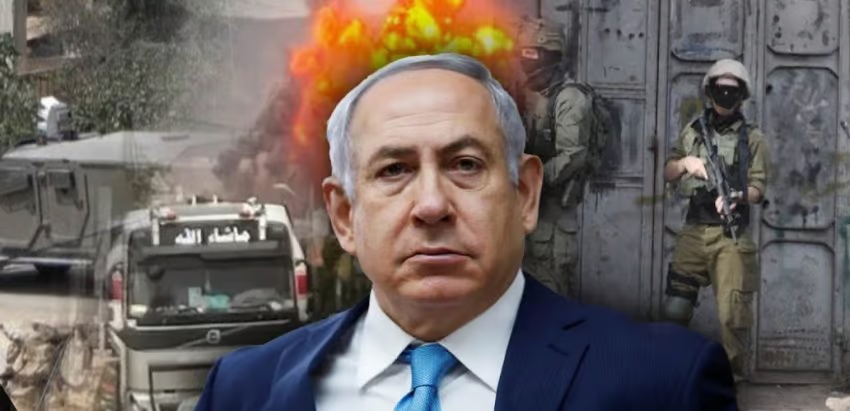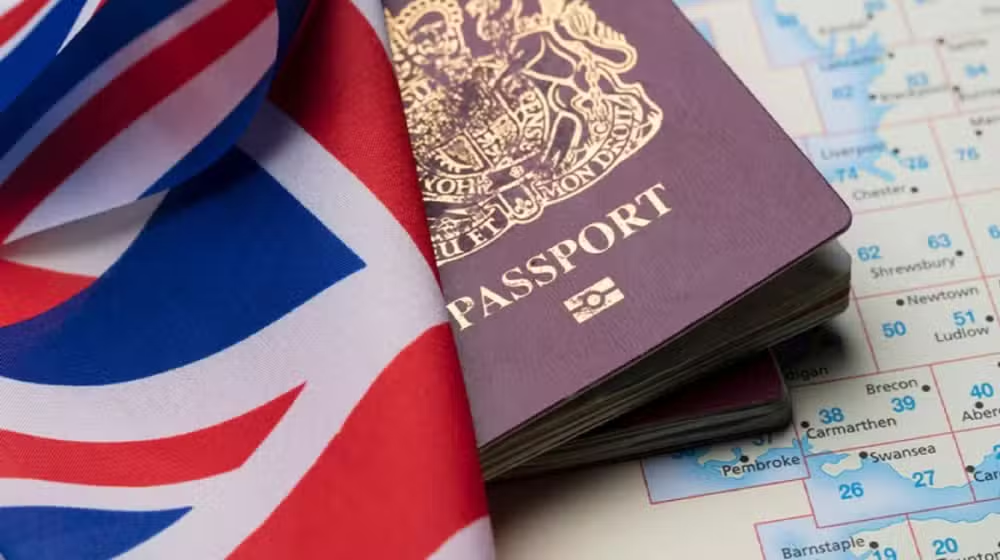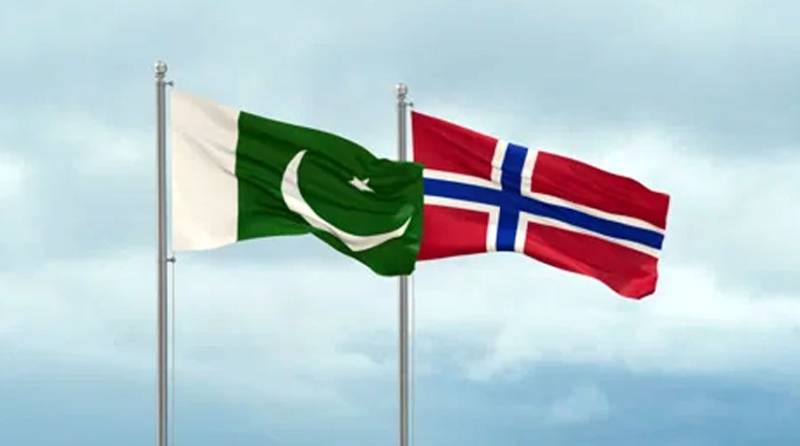The Middle East was jolted this week by a surprise Israeli airstrike deep inside Doha, Qatar, targeting a meeting of senior Hamas leaders. The bold and highly controversial strike, captured on security cameras, killed several Hamas members and triggered an intense diplomatic and public backlash across the Gulf region.
Massive Public Outcry in Qatar
The funerals of the victims were held at Doha’s Grand Mosque, drawing huge crowds and underscoring the gravity of what Qatar’s government condemned as a “criminal act” and a blatant violation of national sovereignty. Officials warned that the attack not only endangered diplomatic efforts but also threatened the safety of Qatar itself.
Netanyahu Defends Strike, Issues More Threats
Israeli Prime Minister Benjamin Netanyahu defended the operation, insisting that further strikes could follow unless Qatar expels Hamas’ political bureau. His firm stance has deeply unsettled regional leaders, who now believe that any remaining hopes for a ceasefire in Gaza may have been irrevocably damaged.
Trump Distances U.S. from Strike
Former U.S. President Donald Trump took to Truth Social to clarify that he was notified only moments before the strike began. Calling the operation “Netanyahu’s decision alone,” Trump criticized it as reckless and diplomatically dangerous, though he reaffirmed U.S. support for Israel’s goal of dismantling Hamas. He added that he had personally assured Qatari officials that such an attack would not be repeated.
Qatar: Peace Prospects Destroyed
Qatar’s Prime Minister, Sheikh Mohammed bin Abdulrahman Al Thani, harshly rebuked Israel, accusing it of “killing any hope” for the safe release of the 48 hostages still believed to be held in Gaza. Analysts say the attack has inflamed anti-Israel sentiment across the Arab world and put U.S. diplomacy in a tight spot, especially given Qatar’s role as host to the largest U.S. military base in the region.
Casualties and Ongoing Conflict
Hamas confirmed the deaths of five members, including the son of senior official Khalil al-Hayya and several bodyguards, while stating that its top leadership narrowly escaped the blast. Meanwhile, Israel is moving forward with plans to seize Hamas’ last stronghold in Gaza—a city already devastated by airstrikes, facing humanitarian collapse, and teetering on famine.
This unprecedented escalation marks a dangerous new chapter in the region’s ongoing conflict, with potential long-term implications for Gulf-Israel relations, hostage negotiations, and the broader geopolitical landscape.




